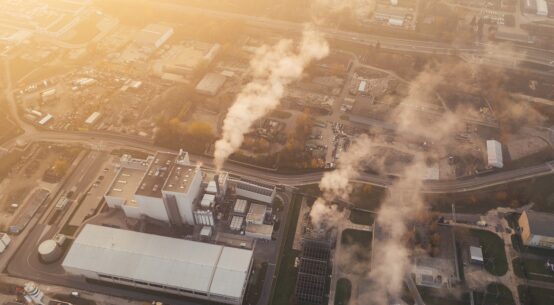
Te Whanganui-a-Tara – New Zealand maybe concerned about a new report which shows animal agriculture is responsible for 87 percent of greenhouse gas emissions.
American organisation Climate Healers says the United Nations’ Food and Agriculture Organisations (FAO) has underestimated the environmental impact of animal agriculture. The negative impact of animal agriculture is ignored at the world’s peril.
New Zealand’s share of global GHG emissions is small, but its gross emissions per person are high. New Zealand’s emissions mainly come from combustion of fossil fuels that emit CO2 (carbon dioxide), and agriculture, which emits methane and nitrous oxide.
Agriculture contributes just over 48 percent of New Zealand’s total greenhouse gas emissions. Methane belched out by ruminant animals is responsible for 71 percent of Aotearoa’s total agricultural emissions.
The Climate Healers position paper, by Dr Sailesh Rao, has been published by the Journal of Ecological Society.
It argues that the influence of the meat and dairy industry has underestimated the environmental impact of livestock farming.
Currently, the United Nations’ FAO says animal agriculture is only responsible for 14.5 percent of greenhouse gas emissions.
However, the FAO has formed an official partnership with the meat and dairy industry called the Livestock Environmental Assessment and Performance (LEAP) Partnership.
Climate Healers says prior calculations have failed to include the negative impact of forests lost to animal agriculture.
The new report includes the impact of deforestation on climate change in general and CO2 levels specifically.
It also says global warming will rapidly accelerate if the global community focuses exclusively on fossil fuels and ignore the threat posed by animal agriculture.
When people think of animal agriculture and climate change, they’ve been encouraged to consider it only from the perspective of the methane produced by the animals themselves.
This is a significant issue, as animal agriculture accounts for at least 37 percent of methane released annually, according to the FAO.
However, it is only one of the negative impacts of animal agriculture which is the leading cause of desertification, habitat destruction, wildlife extinction and ocean dead zones; all of which degrade the climate. The new paper is a crucial wake-up call to governments, non-profits and private industry.



